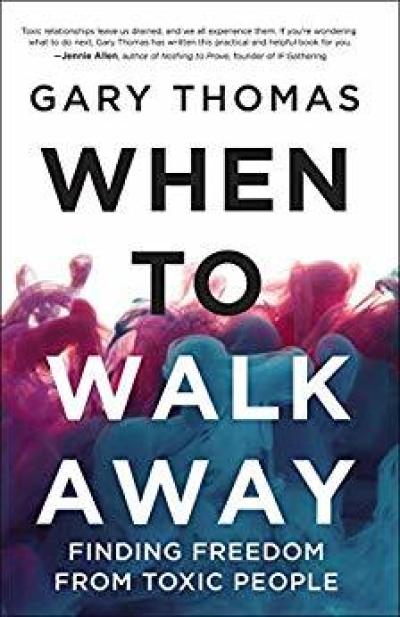A more important work

In the heart of the Sermon on the Mount, Jesus proclaims the surest path to the fulfilled life, a life without regrets. It is a life based entirely on something outside ourselves: “Seek first his kingdom and his righteousness, and all these things will be given to you as well” (Matthew 6:33–34).
God’s kingdom is his rule, his reign, the extension of his presence into all crevices of life and society. He is empowering believers with his Holy Spirit to be participants in this process as they proclaim and work for God’s justice, mercy, and truth. The force of the Greek language speaks of a continuous task: “keep on seeking the kingdom of God.” No Christian ever retires from this work. To be a Christian is to keep seeking, above all else, the kingdom of God.
What does this mean practically? It means when you and I wake up, God’s agenda is more important to us than our agendas, and we dare not stop praying until that is so. We weren’t saved to feel safe or simply be freed from worry about our eternal destiny. Those things are true and precious, but in the here and now, we are saved to embrace this kingdom work: Christ “died for all, that those who live should live no longer for themselves, but for him who died for them and was raised again” (2 Corinthians 5:15).
Christ died for me and you so that we start living for him instead of for ourselves. You and I don’t own our time, our talents, or our treasure. We are to expend all that we are and all that we have to participate in the building of God’s kingdom. Whatever office God has placed you in, whatever household, whatever community; whether you are healthy or ill; wealthy or just barely making it; lonely or socially overbooked, life is richest when you give each moment of each day to God with the prayer, “Let me receive your love and pour it out on these people so that I can represent you every minute of the day.”
The early church wasn’t defined by its sermons and songs; it was magnified by its mission, embraced by every member.
Many of us grew up with a “negative” faith: Don’t do this or that; don’t say this or that; don’t visit that place or think that thought. In other words, we don’t want to create sin. But if our focus is on consistently not doing something, at the end of our life all we’ll have done is . . . nothing. We’ll have been like dead people walking with nothing to show for our time on earth.
A corpse doesn’t “sin.” But does a corpse display the glory of God?
Jesus defines fruitfulness as being a necessary part of faithfulness:
Then [Jesus] told this parable: “A man had a fig tree growing in his vineyard, and he went to look for fruit on it but did not find any. So he said to the man who took care of the vineyard, ‘For three years now I’ve been coming to look for fruit on this fig tree and haven’t found any. Cut it down! Why should it use up the soil?’
“‘Sir,’ the man replied, ‘leave it alone for one more year, and I’ll dig around it and fertilize it. If it bears fruit next year, fine! If not, then cut it down.’”
Luke 13:6–8
You may be asking, “What does all this have to do with toxic people?”
Everything.
This puts dealing with toxic people into a spiritual, not psychological, perspective. It’s not about protecting yourself from toxic people (though that’s a valid aim); it’s more about protecting your mission from toxic attacks.
If life is about accomplishing a very particular task, then “obedience” and the “right thing to do” must mean accomplishing that one particular task—seeking first God’s kingdom, bearing fruit in his name, and, in the words of Titus 3:14, being devoted “to doing what is good.”
If I send an employee to a gas station to fill the gas tank of a company car and they return to the office saying, “I had a great conversation with Skip. I washed the windshield. I picked up some litter in the parking lot. And I even brought back donuts for the entire office” but he didn’t fill the gas tank, has he really been obedient? He may have done some good and noble things, but those other things got in the way of the first thing.
Worse, if he added, “And you should be proud of me because I didn’t steal from anyone, run over anyone, gossip about anyone, or lie to anyone.”
Fine, but did you fill the gas tank? That’s why you were sent out.
The call to seek first the kingdom of God is the foundation for how we can biblically respond to toxic people. Learning how to deal with toxic people isn’t first and foremost about protecting our joy, our peace, our reputation, or even our sanity (though these are good aims). It’s primarily about protecting our mission. We are saved to be fruitful. We are enlisted in a great and holy work. We don’t have time to be distracted by clever people who soak up all our energy and efforts in a hopeless cause. Pouring ourselves out on toxic people is spiritually like trying to wash rain. It’s a waste of time that keeps us from more fruitful endeavors.
Taken from When to Walk Away by Gary Thomas. Copyright © 2019 by Gary Thomas. Used by permission of Zondervan. www.zondervan.com.




























